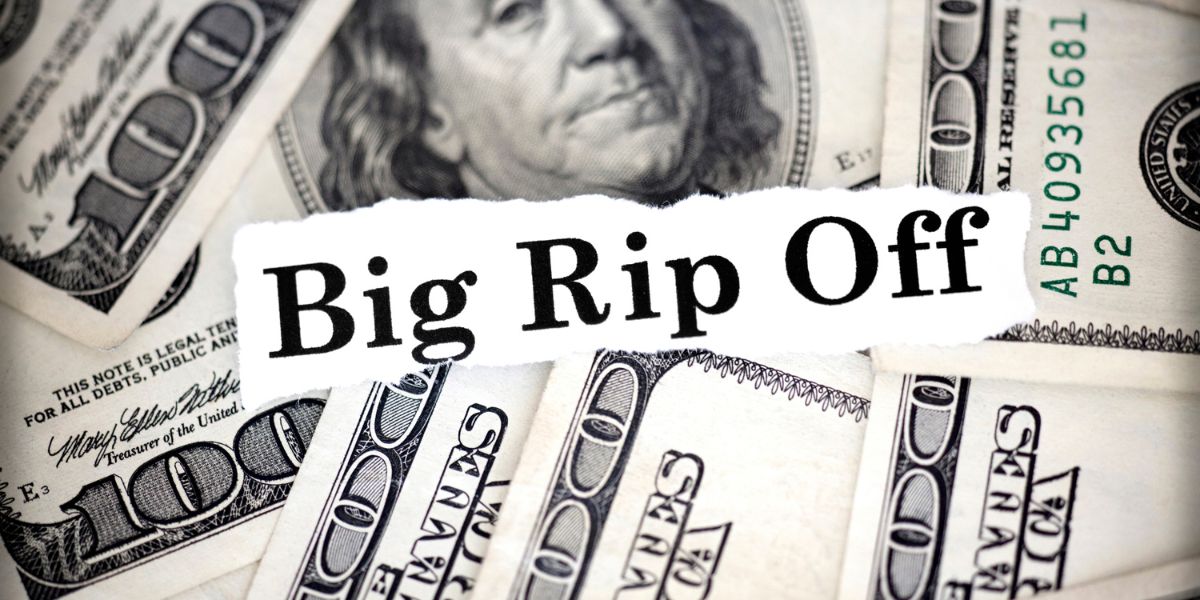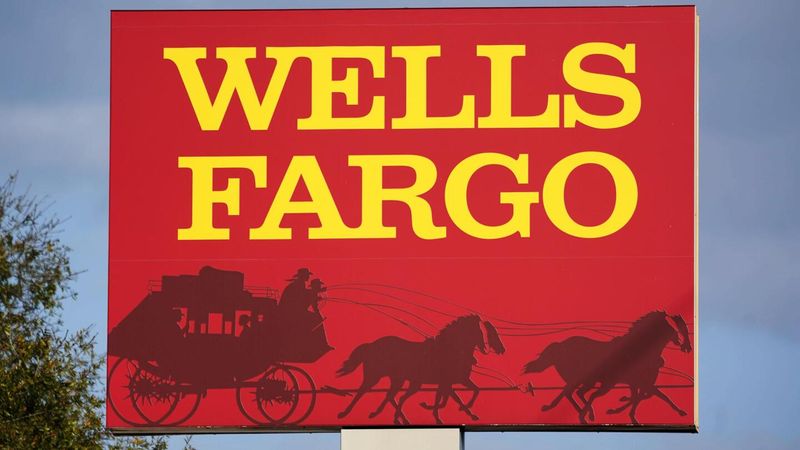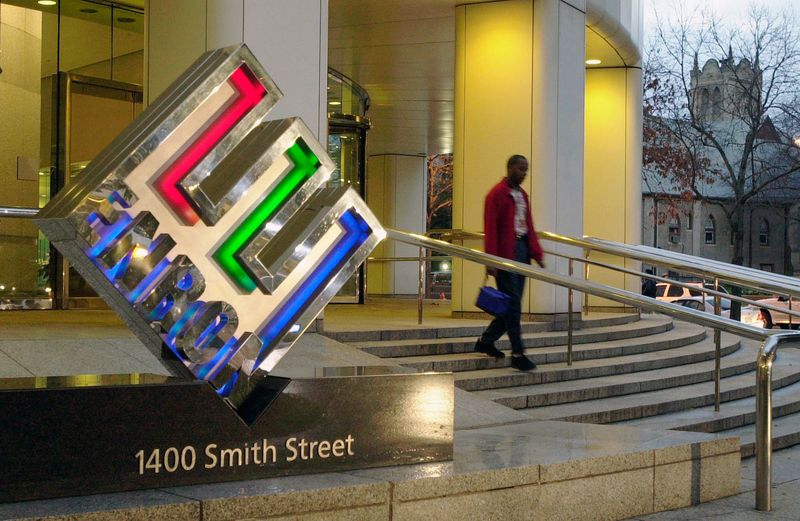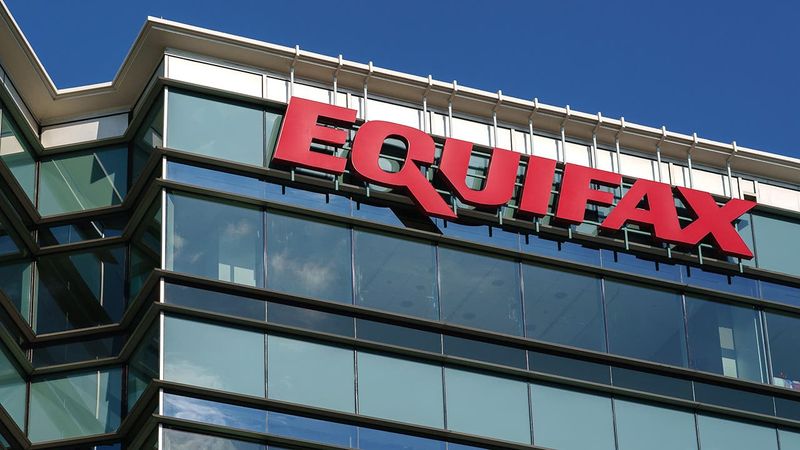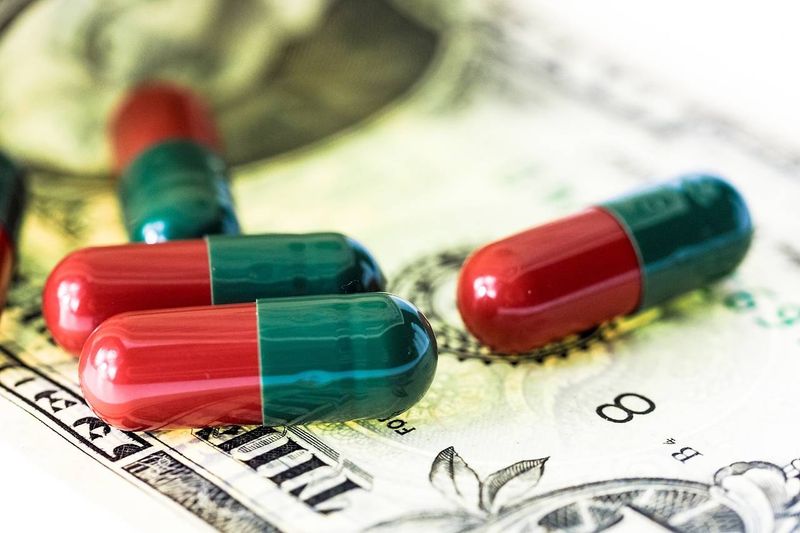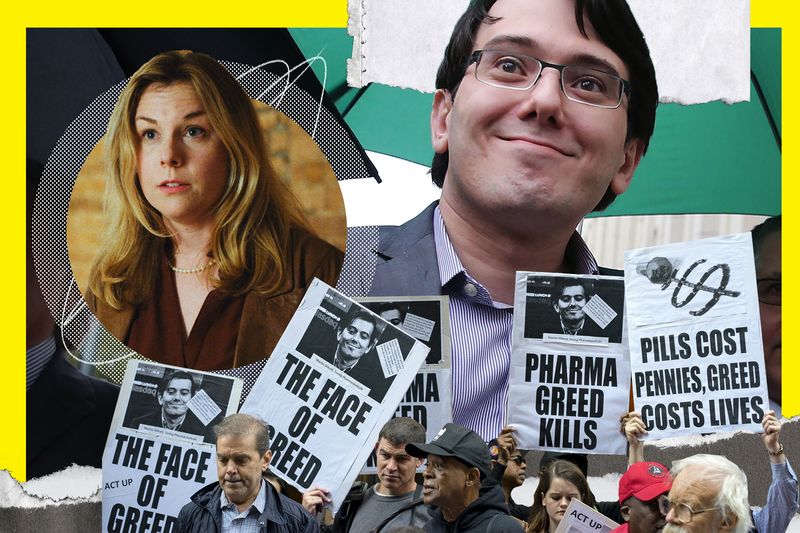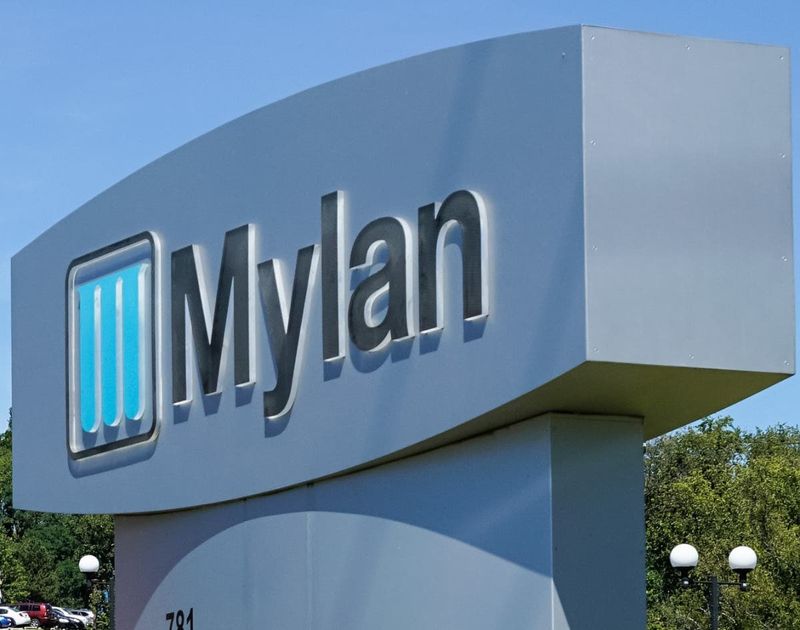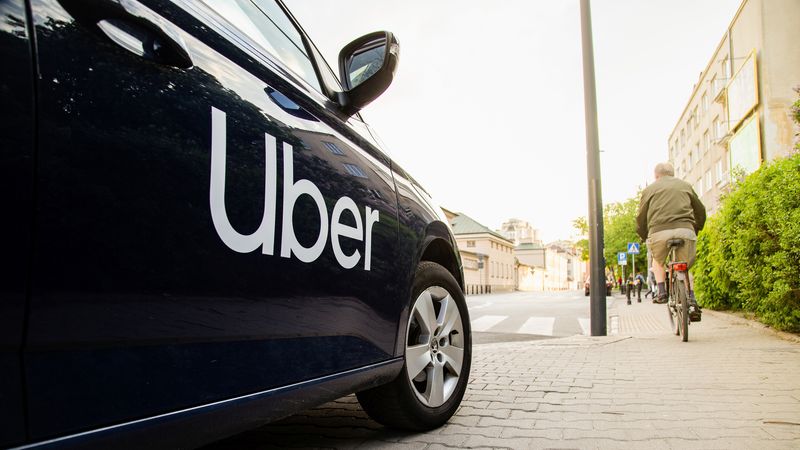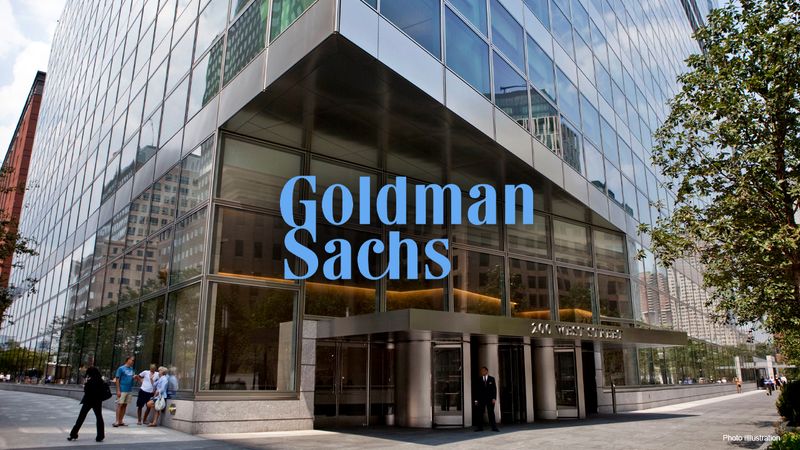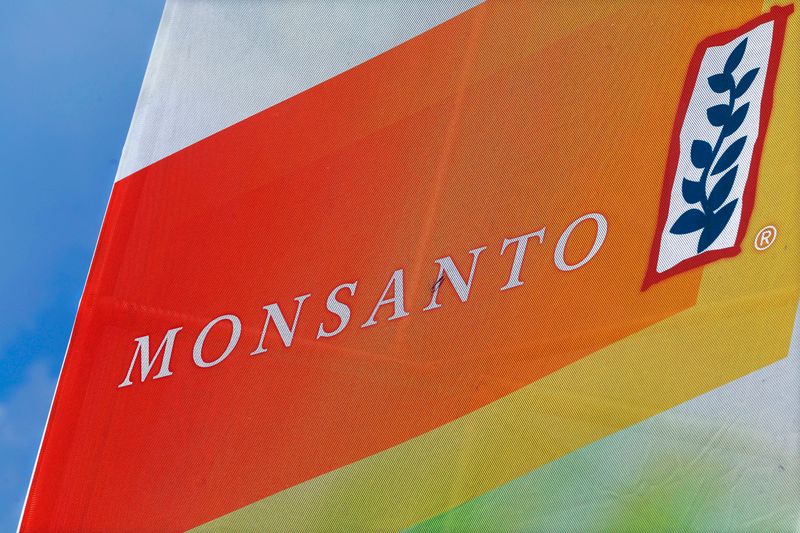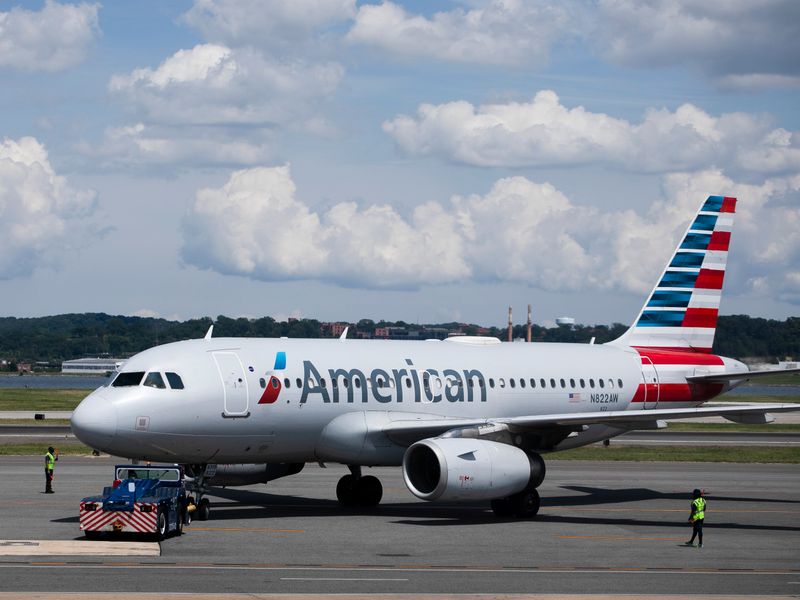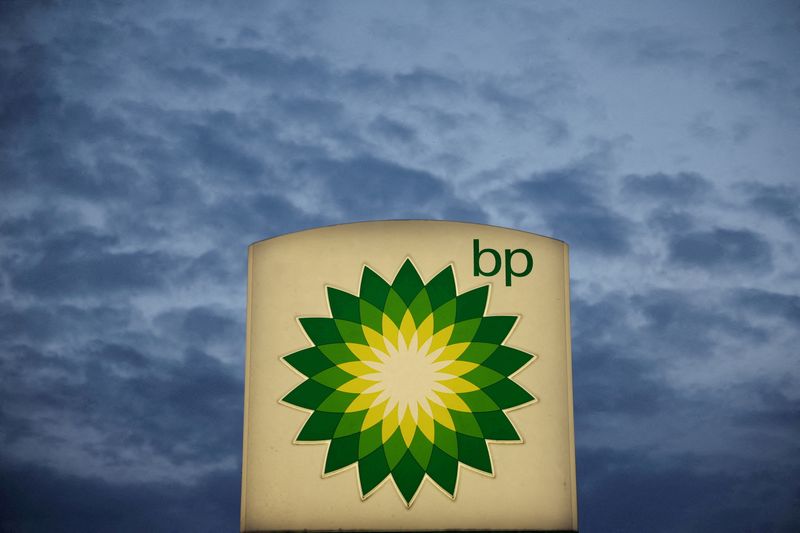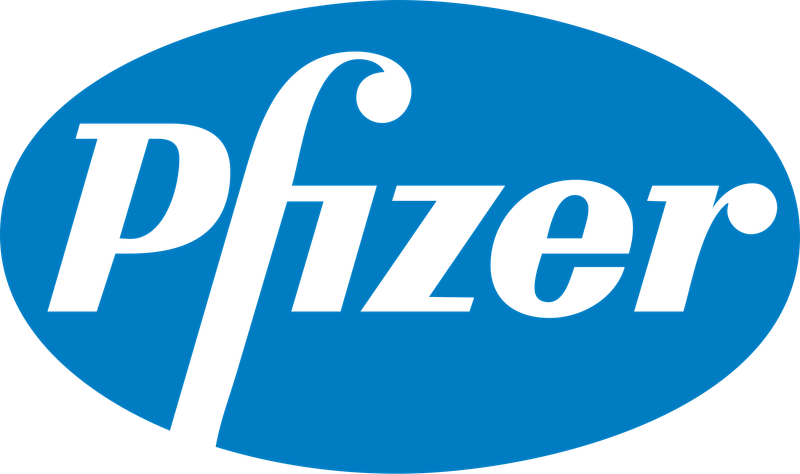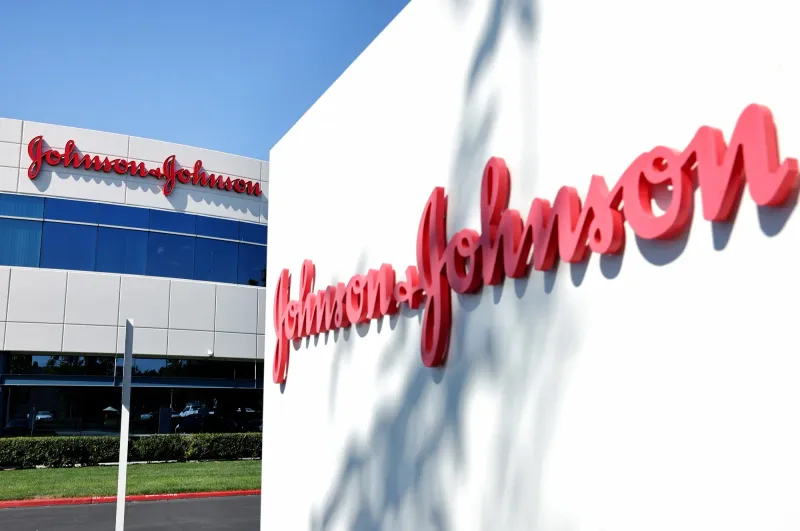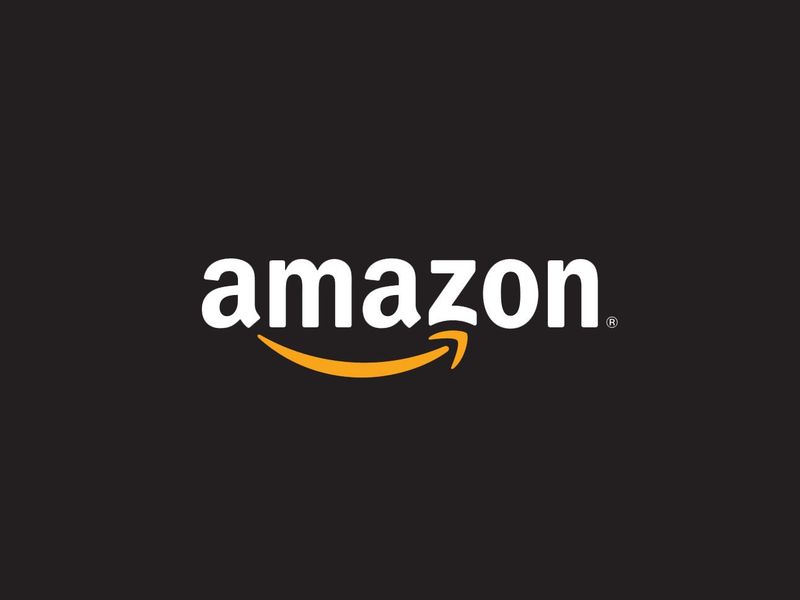In recent years, several companies have been caught exploiting American consumers through misleading practices, fraudulent activities, and unethical business conduct.
This blog post covers 20 such companies, detailing how they were caught and the repercussions of their actions.
From tech giants to financial institutions, these cases highlight the importance of corporate accountability and the need for consumers to stay vigilant.
1. Volkswagen
Volkswagen was embroiled in a massive scandal when it was discovered they had installed software in diesel engines to cheat on emissions tests. The revelation came in 2015, affecting millions of vehicles worldwide.
This deceit not only harmed the environment but also betrayed customers’ trust, leading to billions in fines and a tarnished reputation. The scandal underscored the importance of corporate transparency and ethical conduct.
Consumers were urged to demand accountability from automakers and support environmentally responsible companies. This case remains a stark reminder of how corporate greed can impact society and the planet.
2. Wells Fargo
Wells Fargo faced significant public backlash after it was revealed that employees had created millions of unauthorized accounts to meet sales targets.
This fraudulent activity, exposed in 2016, affected countless customers who were charged fees for accounts they never requested. The scandal resulted in hefty fines and the resignation of top executives.
Customers were advised to closely monitor their bank accounts and report any suspicious activity. The incident highlighted the need for stricter oversight in the banking industry and raised awareness about ethical banking practices.
3. Enron
Enron’s downfall in 2001 remains one of the most notorious corporate fraud cases in history. The energy giant engaged in accounting fraud to hide its financial losses, misleading investors and employees.
When the deception was uncovered, Enron filed for bankruptcy, leading to financial ruin for many. This scandal emphasized the need for transparency and accountability in corporate governance.
Investors were reminded to scrutinize companies’ financial statements and demand honesty from corporate leaders. Enron’s collapse served as a cautionary tale about the dangers of unchecked corporate power.
4. Theranos
Theranos, once a Silicon Valley darling, crumbled when its revolutionary blood-testing technology was exposed as fraudulent. The company’s claims of conducting multiple tests with just a drop of blood were false.
This deception misled investors and jeopardized patients’ health. The scandal led to the indictment of founder Elizabeth Holmes and raised questions about the Silicon Valley startup culture.
Consumers were warned to be skeptical of too-good-to-be-true medical claims. The Theranos case highlighted the need for due diligence and regulatory oversight in the healthcare industry.
5. Equifax
In 2017, Equifax, one of the largest credit reporting agencies, suffered a massive data breach that exposed personal information of 147 million Americans. The company faced criticism for its slow response and poor security measures.
Consumer confidence was shaken, prompting calls for better data protection and transparency. This breach highlighted the risks associated with storing sensitive information and the responsibilities of companies to protect it.
Individuals were advised to regularly monitor their credit reports and secure their personal information. The Equifax scandal underscored the importance of cybersecurity in the digital age.
6. Facebook
Facebook faced intense scrutiny over its handling of user data, particularly in the Cambridge Analytica scandal. The social media giant was accused of allowing third parties to access user data without consent, impacting millions.
This breach of trust led to widespread criticism and regulatory fines. Users were encouraged to review their privacy settings and be cautious about sharing personal information online.
The incident underscored the need for stronger data protection laws and corporate accountability. Facebook’s challenges highlighted the broader issues of privacy in the digital era.
7. Pharmaceutical Price Fixing
Several pharmaceutical companies were caught in a price-fixing scheme, inflating the cost of generic drugs. This unethical practice harmed consumers who relied on affordable medication.
Legal action was taken against the companies involved, resulting in hefty fines and settlements. The scandal brought attention to the need for transparency and competition in the pharmaceutical industry.
Consumers were urged to advocate for fair pricing and support policies promoting drug affordability. The case highlighted the impact of corporate greed on public health and the importance of regulatory enforcement.
8. Turing Pharmaceuticals
Turing Pharmaceuticals, led by Martin Shkreli, faced public outrage after drastically increasing the price of a life-saving drug. The price hike was seen as a blatant example of price gouging, prompting backlash from patients and healthcare providers.
Shkreli’s unapologetic stance only fueled the controversy, leading to his eventual arrest on unrelated charges. The incident highlighted the need for regulatory oversight in drug pricing and the ethical responsibilities of pharmaceutical companies.
It served as a reminder for consumers to advocate for healthcare reforms and challenge exploitative practices.
9. Mylan
Mylan faced severe criticism after it was revealed that the price of EpiPens had skyrocketed over the years, making them unaffordable for many.
The life-saving devices, essential for treating severe allergic reactions, became a symbol of pharmaceutical greed. The backlash led to congressional hearings and calls for pricing transparency.
Consumers were encouraged to demand accountability and explore alternative emergency treatments. Mylan’s controversy highlighted the broader issue of drug pricing and the need for reforms to ensure access to essential medications.
10. Uber
Uber has frequently been in the spotlight for various controversies, including regulatory violations and workplace misconduct. The ride-sharing giant faced accusations of exploiting drivers and undermining labor laws.
These issues led to legal challenges and fines in multiple jurisdictions. Consumers were encouraged to consider ethical alternatives and support fair labor practices.
The controversies surrounding Uber underscored the need for corporate responsibility in the gig economy. The company’s challenges served as a reminder of the importance of ethical business practices and consumer advocacy.
11. Goldman Sachs
Goldman Sachs became a focal point of criticism during the 2008 financial crisis, accused of misleading investors and contributing to the economic downturn.
The investment bank faced legal actions and settlements over its role in the mortgage-backed securities scandal.
The incident highlighted the need for stricter regulations and transparency in the financial industry. Investors were advised to scrutinize financial products and demand accountability from financial institutions.
Goldman Sachs’ controversies emphasized the importance of ethical conduct in maintaining trust in financial markets.
12. Monsanto
Monsanto, a major agricultural corporation, has been criticized for its aggressive promotion of genetically modified organisms (GMOs) and litigation against farmers.
The company’s practices raised concerns about environmental impact and corporate control over the food supply. Legal battles and public protests highlighted the contentious nature of Monsanto’s business model.
Consumers were encouraged to support sustainable agriculture and advocate for food transparency. Monsanto’s controversies underscored the need for ethical practices in the agricultural industry and the importance of informed consumer choices.
13. Apple
Apple faced backlash over its “Batterygate” scandal, where it was revealed that the company slowed down older iPhone models. This practice, intended to preserve battery life, was not clearly communicated to consumers, leading to accusations of planned obsolescence.
Apple responded with battery replacements and software updates, but the damage to its reputation was done. Consumers were reminded to demand transparency and fair practices from tech companies.
The incident highlighted the importance of clear communication and ethical customer service in maintaining consumer trust.
14. American Airlines
American Airlines faced criticism for its treatment of passengers, including overbooking flights and poor customer service. High-profile incidents, captured on social media, fueled public outrage and demands for accountability.
The airline responded with policy changes and customer service improvements.Travelers were encouraged to know their rights and report any unfair practices.
The controversies highlighted the importance of ethical treatment in the airline industry and the power of consumer advocacy in driving change.
15. BP
BP’s Deepwater Horizon oil spill in 2010 remains one of the largest environmental disasters in history. The spill caused extensive damage to marine life and coastal communities.
BP faced massive fines and legal actions for its role in the catastrophe. The incident underscored the need for stringent environmental regulations and corporate accountability.
Environmental advocates were urged to push for sustainable energy practices and hold corporations accountable for ecological damage.
BP’s disaster highlighted the critical importance of environmental stewardship.
16. General Motors
General Motors was caught in a massive recall scandal due to faulty ignition switches linked to fatal accidents. The defect, known for years by the company, raised questions about GM’s commitment to consumer safety.
The recall led to congressional hearings and significant financial penalties. The incident emphasized the importance of transparency and accountability in the automotive industry.
Consumers were advised to stay informed about vehicle recalls and demand safe products from manufacturers.
17. Pfizer
Pfizer faced legal challenges over misleading marketing practices and the promotion of off-label drug uses. These practices led to massive settlements and raised ethical questions about pharmaceutical marketing.
The controversies underscored the need for honest communication and ethical conduct in the healthcare industry. Consumers were encouraged to seek reliable medical information and challenge misleading claims.
Pfizer’s issues highlighted the importance of regulatory oversight and corporate responsibility in maintaining public trust.
18. Toyota
Toyota faced a major crisis over reports of sudden unintended acceleration in its vehicles, leading to accidents and fatalities. The company launched massive recalls and corrective measures to address the problem.
The incident underscored the importance of rigorous safety standards and transparency in the automotive industry. Consumers were advised to stay informed about vehicle safety issues and demand accountability from manufacturers.
Toyota’s challenges highlighted the critical role of consumer safety and corporate responsibility.
19. Johnson & Johnson
Johnson & Johnson faced legal battles over claims that its talcum powder products were linked to cancer. The company paid billions in settlements and faced ongoing scrutiny over product safety.
The controversies highlighted the need for transparency and scientific integrity in the personal care industry. Consumers were encouraged to research product ingredients and advocate for safe, effective options.
Johnson & Johnson’s issues emphasized the importance of consumer awareness and corporate accountability.
20. Amazon
Amazon has been criticized for its labor practices, including poor working conditions and union-busting efforts.
These issues have sparked protests and calls for improved treatment of workers. The controversies highlighted the need for fair labor practices and corporate responsibility in the e-commerce industry.
Consumers were encouraged to support ethical companies and advocate for workers’ rights. Amazon’s challenges underscored the importance of social responsibility and informed consumer choices.
